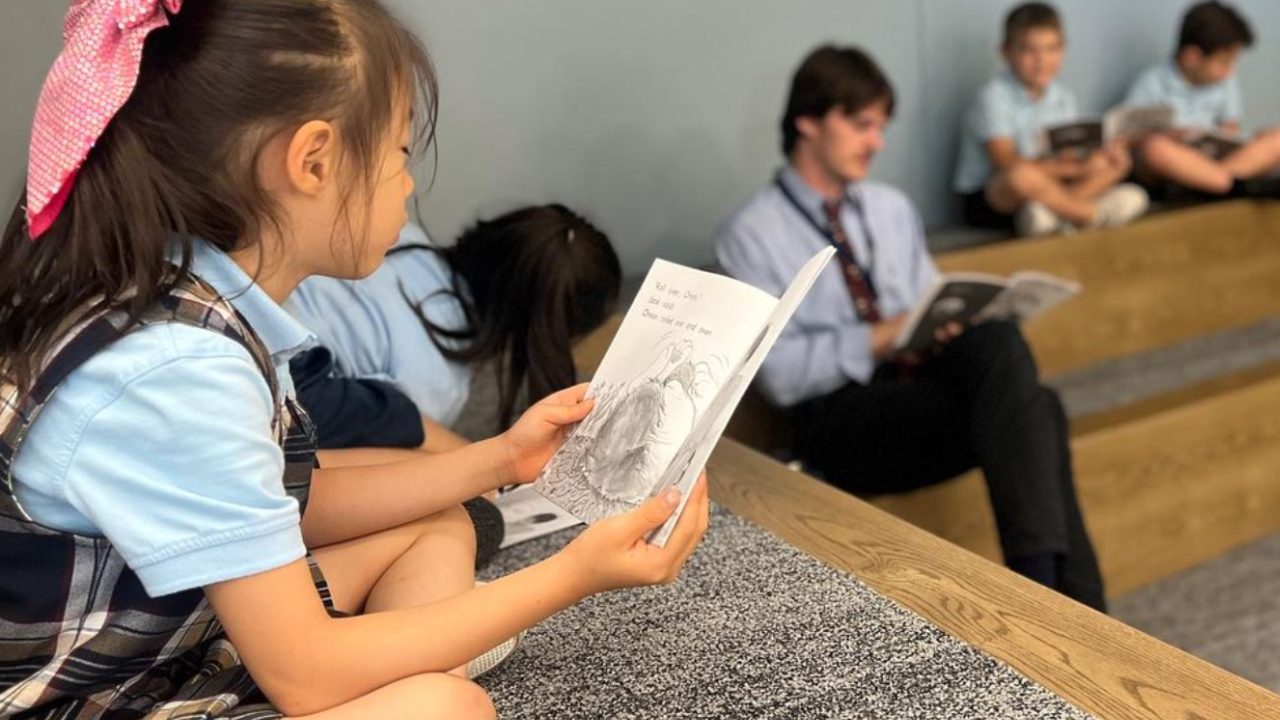Addressing a Post-Pandemic Literacy Crisis: The Classical Approach of Great Hearts Harveston
Amplified by the COVID-19 pandemic, the US is facing a significant literacy crisis. According to McKinsey and Company, students have lost the equivalent of half a school year in reading instruction due to the pandemic’s disruptions. This has intensified an ongoing decline in literacy rates, with average reading scores for 13-year-olds in 2023 notably lower than in 2020, continuing a downward trend that began in 2012.
To address the literacy crisis, a Baton Rouge public charter school is offering a unique and promising solution. Great Hearts Harveston employs a classical curriculum utilizing Socratic Instruction, a teaching method that fosters meaningful dialogue between students and teachers to encourage critical thinking skills.
The classical, or liberal arts, education model at Great Hearts emphasizes reading, language arts, writing skills, and foreign languages. The primary foreign language at Great Hearts is Latin which is introduced to young students in Kindergarten.
Francesco Pinque, an elementary Latin teacher at Great Hearts, highlights the benefits of learning Latin. “Understanding Latin helps students grasp the English language and become better at writing,” Pinque said. Research shows that classical education requires above-average literacy skills, and early immersion in subjects like Latin can enhance grammar, phonics, and comprehension in the years ahead. Pinque added that studying Latin can positively affect future academic pursuits, such as improving scores on standardized tests like the LSAT.
Teaching nontraditional subjects to students from a young age can be challenging, but Pinque remains passionate about teaching language. He describes using songs, movement, storytelling, and stuffed animals to teach young students the foundational concepts.
The success of schools like Great Hearts offers valuable alternatives for the educational challenges posed by the pandemic. The classical education model, with its strong emphasis on language and critical thinking, helps to provide a path forward in addressing the literacy crisis and equipping students with essential skills for the future.

